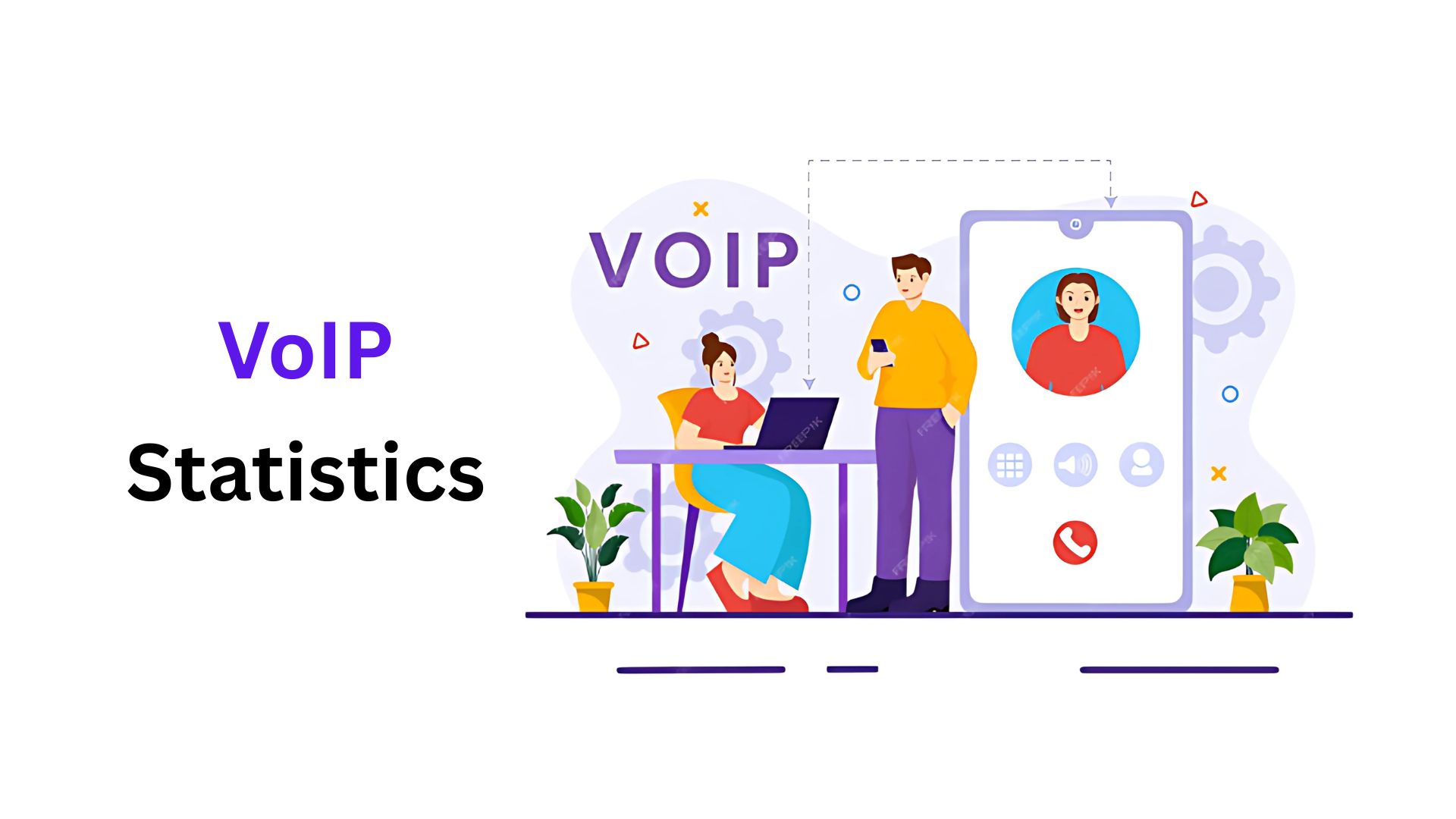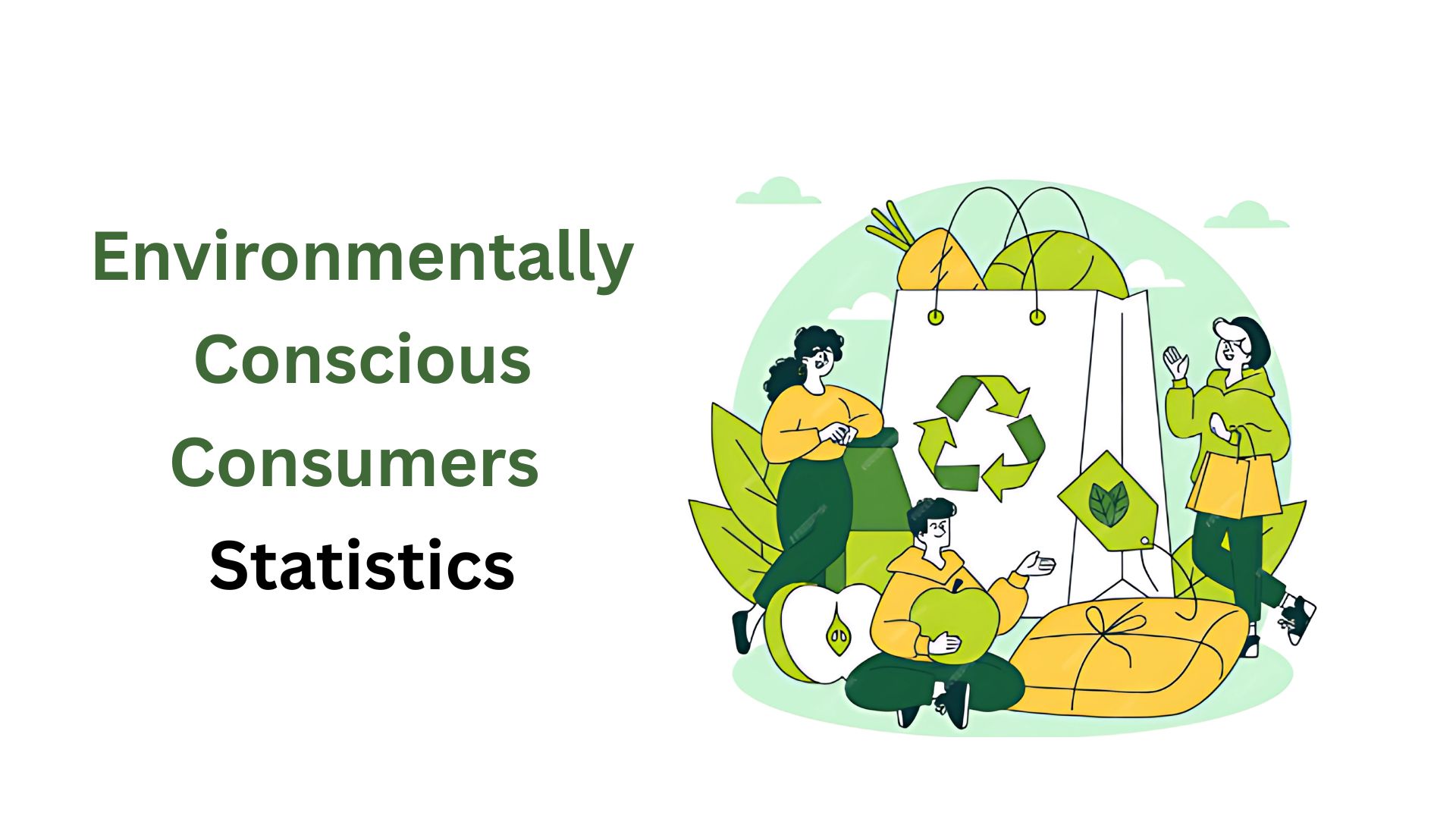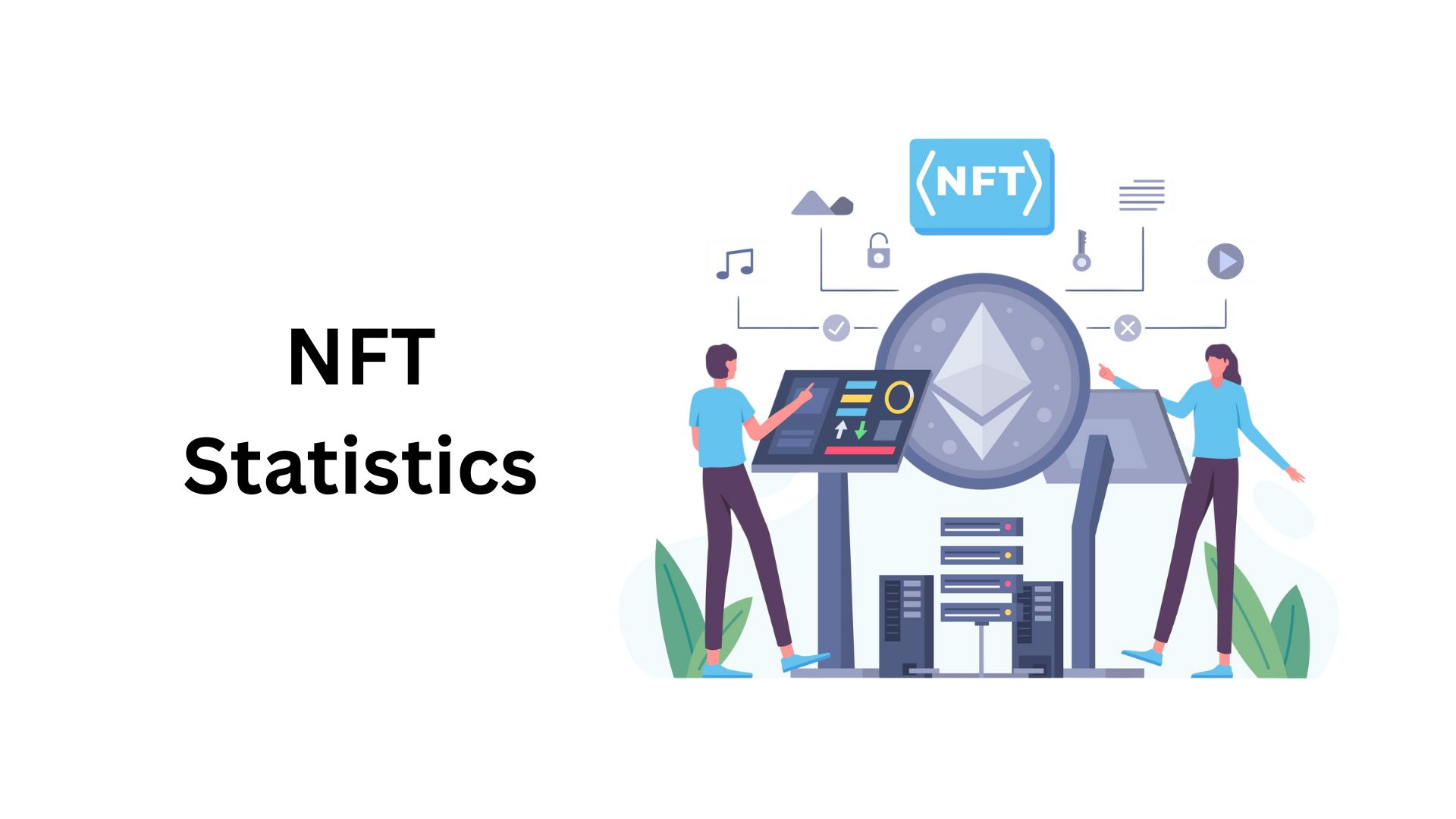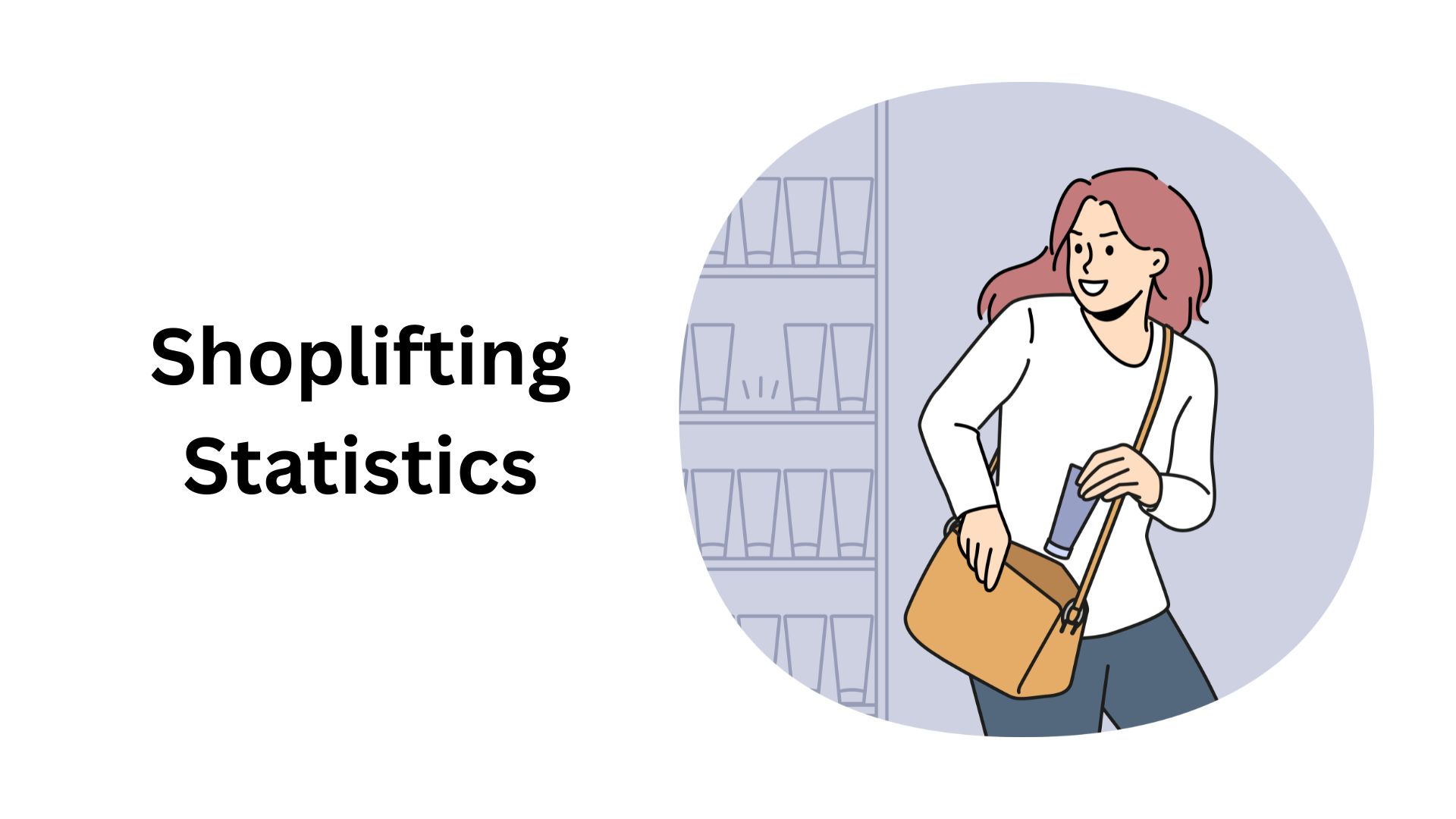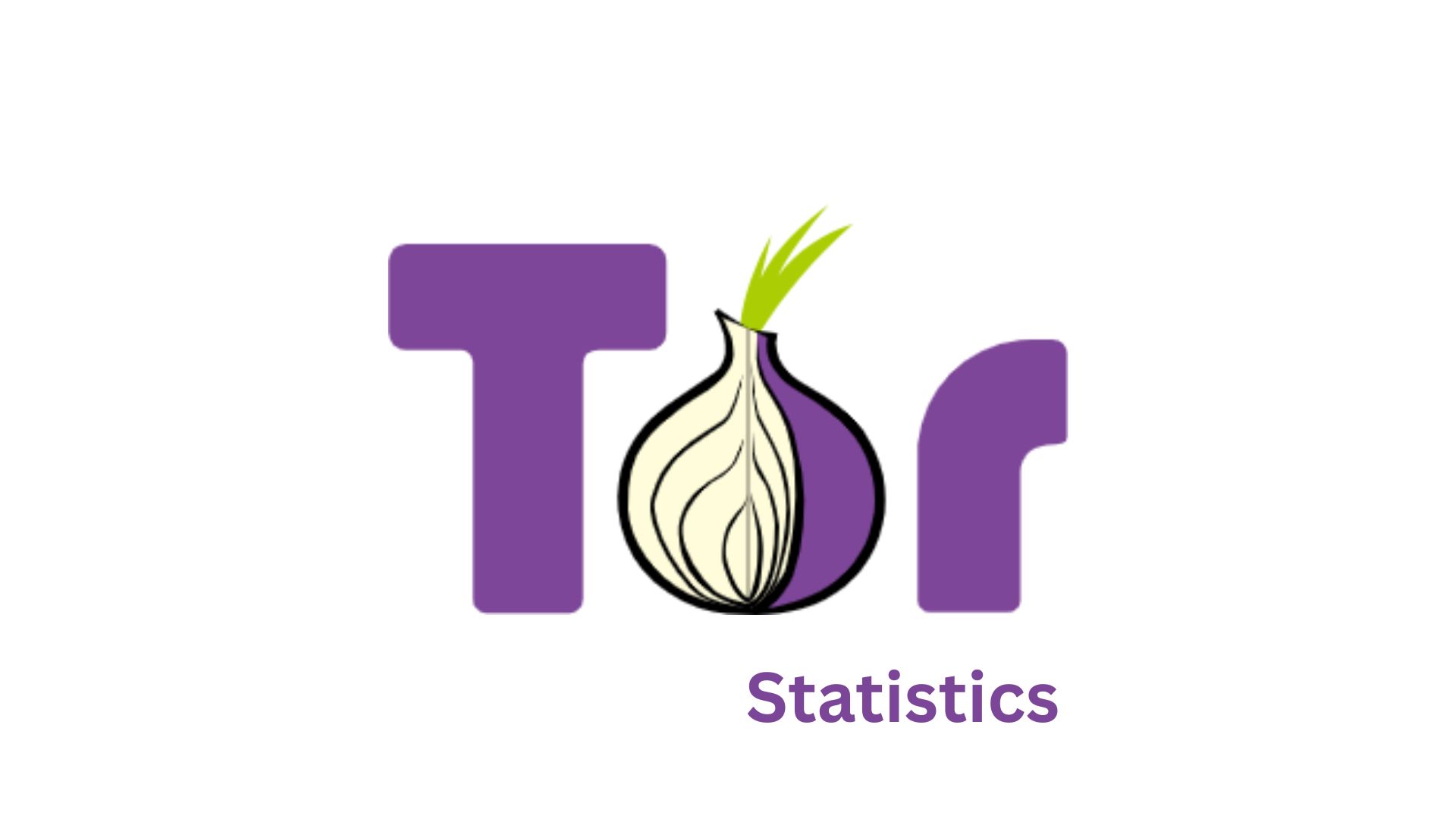Smart Pillow Statistics By Market Size and Facts
Updated · Feb 24, 2025
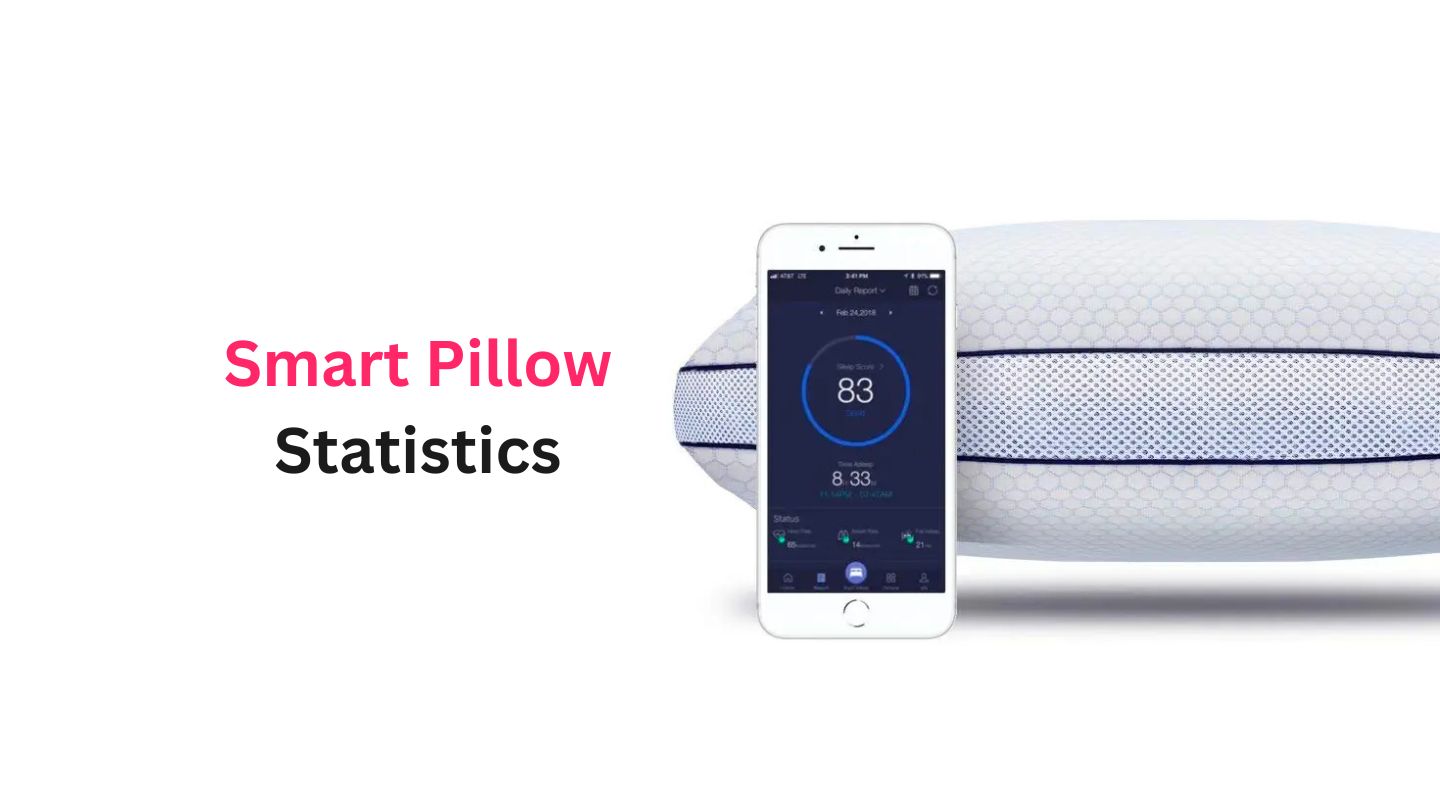
Table of Contents
Introduction
Smart Pillow Statistics: Great sleep quality has gained attention in the past few years by individuals throughout the world. In recent years, as consciousness about the necessity of waking up fresh has amplified, new solutions have been developed for addressing various sleep issues.
The smart pillow is one such innovation, which is a high-tech pillow with the intention to enable the highest sleep quality through special features, such as sleep tracking and personal adjustment, as well as connectivity with other smart devices. The smart pillow market is thriving and is set to grow with the increasing demand for sleep solutions.
This article covers statistics on smart pillow statistics in 2025, including market size, drivers, key trends, and forecasts.
Editor’s Choice
- The Global Smart Pillow Market is projected to reach USD 5.8 billion by 2033.
- The adoption of smart pillows increased by 25% in 2023 due to corporate wellness programs.
- Luxury hotels increased the utilization of smart pillows by 45% in 2023.
- Integration with smart home systems increased by 40% from 2022 to 2023.
- 85% of smart pillows now have smartphone app connectivity.
- 80% of newly released smart pillows are water-resistant.
- 70% of smart pillows offer automatic height adjustment for comfort.
- 60% of smart pillows feature snoring detection and prevention.
- 55% of people buying smart pillows are women.
- 50-70 million Americans have sleep disorders.
- 48% of people are known to snore while sleeping.
- 48% of people choose medium-firm pillows.
- Over 70% believe having the right pillow can relieve neck pain.
- Over 60% believe using the right pillow can provide restful sleep.
- The average household in the U.S. spends about 72 USD a year on pillows.
- The sales of bamboo pillows increased by 25% in one year.
- 40% of premium smart pillows include monitors for sleep apnea.
- 30% of smart pillows come with voice control.
- 15% of smart pillows are returned, while the return rate for normal pillows is 22%.
- 12% of the market consists of medically assisted smart pillows.
- Consumer satisfaction for smart pillows averages 3.8 out of 5 stars.
- Most smart pillows feature 8-12 sensors for sleep monitoring.
- The R&D time for smart pillows generally varies from 12 to 14 months.
- The average lifetime of a smart pillow is 2-3 years.
- Smart pillows typically last 7-10 days before requiring a recharge.
- 92% of smart pillows use Bluetooth infrastructure.
- DeRUCCI demonstrated AI-related sleep solutions at CES 2024, including smart mattresses and anti-snore products.
- The T11 Pro Smart Mattress, introduced by DeRUCCI in 2023, integrates AI and the Internet of Things (IoT) with health monitoring.
Smart Pillow Market Size
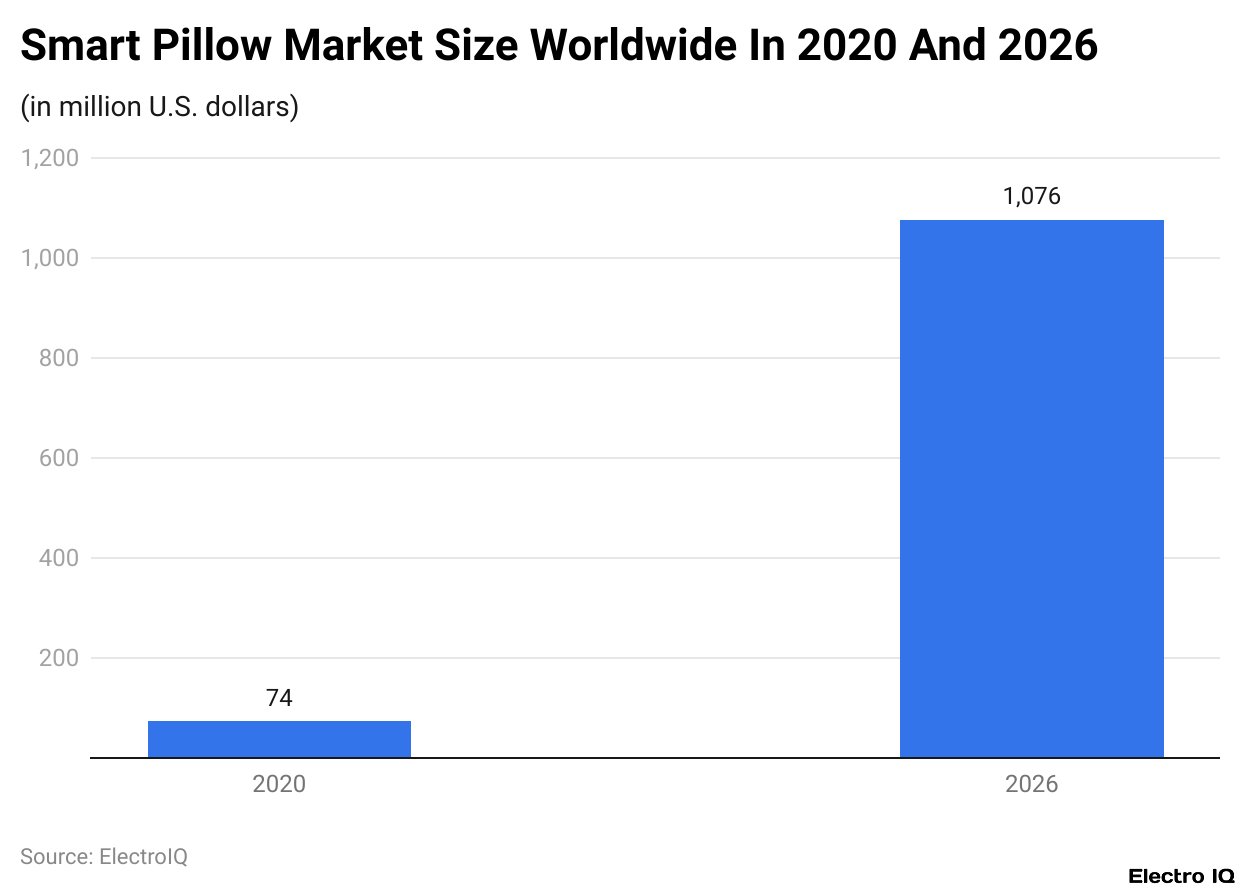
(Reference: statista.com)
- The global smart pillow market emerged in 2020, with approximately 74 million U.S. dollars in value. Through the years, with advancements in the sleep technology sector and the growing awareness of sleep health among consumers, the market underwent tremendous growth.
- Smart pillow statistics are predicted to cross approximately 1.08 billion U.S. dollars by 2026.
- Such rapid scaling-up denotes the growing popularity of smart pillows to sleep disorder prevalence, the benefits of sensor and AI technology, and rising consumer interests in wellness and personalized sleep solutions.
- The forecasted growth indicates a major change in how people will now seek sleep improvement, with more consumers investing in intelligent sleep products that offer comfort, sleep tracking, and health benefits.
Smart Pillow Market Size By Market.us
- The Global Smart Pillow Market is projected to grow from USD 0.8 billion in 2023 to USD 5.8 billion by 2033, registering a CAGR of 22.0% during the forecast period.
- North America dominates the market with a 39.0% share, generating over USD 0.31 billion in 2023, driven by high health awareness and advanced smart home integrations.
- Anti-snoring pillows hold a 42% market share, fueled by increasing awareness of sleep health and demand for snoring solutions.
- Down and feather pillows lead the fill material segment with a 31% share, owing to their comfort and luxury appeal.
- The residential application segment holds the largest market share, reflecting the growing adoption of smart pillows in home settings.
- A 2023 survey by ResMed revealed that 80% of participants in the U.S., UK, Japan, and Brazil experienced poor sleep symptoms, including difficulty falling asleep and frequent night wake-ups.
- According to the National Heart, Lung, and Blood Institute, between 50 million and 70 million Americans suffer from sleep-related issues annually.
- The smart pillow industry is evolving with innovations such as anti-snoring technology, auto-adjusting support, and mobile app integration for personalized sleep analysis.
- Developed markets like North America and Europe are highly competitive, with brands focusing on technology integration, customization, and user-friendly designs.
General Smart Pillow Statistics
- The global smart pillow market was valued at approximately USD 74 million in 2020 and is expected to grow significantly to nearly USD 1.08 billion by 2026.
- Smart pillow adoption increased by 25% in 2023, driven by corporate wellness programs.
- The integration of smart pillows into smart homes saw a 40% rise from 2022 to 2023.
- Approximately 85% of smart pillows are compatible with a smartphone app.
- Around 60% of smart pillows feature snoring detection and prevention technology.
- Nearly 70% of smart pillows offer automatic height adjustment for added comfort.
- Most smart pillow models have 8-12 sensors to monitor sleep patterns.
- The average consumer satisfaction rating for smart pillows is 3.8 out of 5 stars.
- Bluetooth connectivity is available in 92% of smart pillows, making it the most highly demanded feature.
- Smart pillows typically last about two to three years.
- Approximately 30% of smart pillows are voice-controlled.
- The battery life of smart pillows generally ranges from 7 to 10 days before requiring a recharge.
- Medical-grade smart pillows now account for 12% of the overall market.
- Around 40% of premium smart pillow models feature sleep apnea monitoring.
- The return rate for smart pillows is approximately 15%, lower than the 22% return rate for conventional pillows.
- The hospitality industry increased its use of smart pillows by 45% in 2023, particularly in luxury hotels.
- Women account for 55% of smart pillow buyers.
- Around 80% of the newest smart pillow models are made to be water-resistant.
- The average development cycle for a new smart pillow is around 14 months.
- Sleep disorders affect an estimated 50 to 70 million people in America.
- Nearly 48% of the population snores while sleeping.
- Over 60% of people believe that the right pillow is essential for restful sleep.
- American households spend an average of USD 72 on pillows annually.
- Around 48% of people prefer medium-firm pillows.
- Over 70% believe that selecting the proper pillow helps relieve neck pain.
- Sales of bamboo pillows increased by 25% in the last year due to rising demand.
Major Challenges And Opportunities
- Smart pillows run significantly costlier than conventional pillows because of their advanced technology. This higher price is a demotivator for many as they cannot afford it.
- Not only does it limit the market’s growth potential, but durability and maintenance are also concerning for smart pillows since an electronic component will wear out or get damaged over the years. Regular usage can drastically impact their lifespan, and consumers are hesitant to invest in these products.
- With such implications, privacy data concerns are an additional contributor to the adoption challenge.
- According to Smart pillow statistics, Smart pillows are embedded in collecting information, such as sleep pattern data and health metrics of their users.
- Users may resist disclosing information for fear of introducing weaknesses in their data protection measures. Thus, popularly widespread adoption of such devices has limited their eradication exposure.
- Technical issues and user experience problems are also part of the challenges. They have problems with connecting devices, integrating with apps, and sometimes failing to give appropriate results in sleep measurements, to name a few of the complaints of some users.
- Zeeq Smart Pillow users complain about frequent disconnections and a very intricate app interface that may curtail general satisfaction in using it.
- Market competition is also a big challenge. High demand for smart pillows has encouraged mergers of counterfeit or low-quality alternatives, which are instrumental in tarnishing the reputation of a genuine brand as well as endangering the all-round growth of the market.
- But even with such challenges, multiple opportunities continue to propel the growth of the smart pillow market.
Key Player Analysis
- According to Smart pillow statistics, several significant contributors are having their features to innovate the smart pillow market. ADVANSA Marketing GmbH will make use of high-technology fiber for its smart pillows to enhance comfort and adaptability.
- This company targets its special innovation of materials in thermal regulation towards individual users as well as the hospitality sector to cement its position in the market.
- Mediflow USA is a company that offers an exceptional type of pillow that is water-based, allowing users to control firmness and cervical support.
- These pillows have gained huge popularity among customers looking to medically benefit them, such as relieving neck pain, indicating that Mediflow will be a strong player in this therapeutic sleep market.
- Sunrise Smart Pillow employs AI in tracking sleep, analysis, and smart alarms that will serve as market opportunities for tech-savvy clientele interested in personalized sleep insights.
- Thus, Sunrise Smart Pillows will be more popular in the smart home wellness market.
- Smart Nora is focused on anti-snoring technologies, in which the sensors detect and gently adjust the position of the pillow, which will neutralize snoring without having to wake, making its non-intrusive solutions live with couples and individuals who have issues with snoring so much so that it has positioned itself as a leader in anti-snoring.
- This new MOONA will introduce smart pillows that automatically cool or warm to stave off sleep disturbances caused by temperature.
- It attracts consumers affected by night sweats or hot flashes and is under a popular category among consumers who focus on temperature-regulated sleep.
Recent Developments
- The smart pillow market is evolving all the time with innovative breakthroughs.
- Smart pillow statistics show that in 2024, DeRUCCI, the most prestigious sleep technology brand, revealed AI-powered sleep solutions at CES 2024. These include smart mattresses, anti-snore pillows, and IoT-enabled sleep devices to ensure better sleep patterns with minimum health risks.
- Intelligent height-adjustable pillows, voice-activated panels, and curtain tracks were some of the innovations of DeRUCCI showcasing its commitment toward technology and sleep product development.
- In the very same year, at CES 2024, 10minds, a South Korean healthcare company, presented its Motionsleep AI pillow. This is an advanced AI-based pillow that automatically identifies the presence of snoring sound and measures the oxygen levels.
- It dynamically optimizes the airhead to improve breathing while reducing snoring through the aid of seven different airbags, thus creating a better sleeping experience.
- Smart pillow statistics reveal that DeRUCCI introduced the T11 Pro Smart Mattress product integrated with AIoT technology in 2023 in partnership with global top-level universities that specialize in researching sleep and health.
- With a tendency to change according to health needs within the second, the T11 Pro is also able to provide tenants with hypothetical recommended sleeping conditions and improvements while including warnings of possible health issues. Thus, continuously innovating and developing sleep technologies is how DeRUCCI operates.
Conclusion
The compatibility of smart pillows with the new advancements in AI, sensor technology, and rising awareness about sleep health has caused the market to grow rapidly. Smart pillow statistics projected that the smart pillow market will become 1.08 billion US dollars worth by 2026. Some of the household features they offer include sleep tracking, snoring prevention, and connection with a smart home.
The industry continues to be shaped by the innovations of key players even though there are several challenges, like very high costs and data privacy concerns. Such pillows would soon become one of the requisite devices in making sleep the best quality of all for all purposes in the world.
Sources
FAQ.
It was projected that the global smart pillow market would reach about 74 million USD in terms of value in 2020 and would reach 1.08 billion USD by 2026 on account of advances in AI, sensor technology and growing consumer interest in sleep health.
About 85% provide a connection to smartphone apps; 60% detect snoring and automatically prevent it; 70% automatically adjust height; and 92% allow Bluetooth connectivity. About 30% offer voice control, while 80% are water resistant.
High costs compared to traditional pillows, high costs, durability, risks associated with data privacy, technical issues including connectivity problems, and counterfeit competition.
The adopted smart pillow has increased in the Hospitality Industry, with luxury hotels planning to have increased usage by 45% in 2023. Besides, wellness programs performed for employees in various companies led to a 25% increase.
In 2024, DeRUCCI introduced AI-powered sleep solutions, smart mattresses, and anti-snore pillows. 10minds launched the Motionsleep AI pillow that adjusts using airbags to minimise snoring and increase breathability.

Maitrayee Dey has a background in Electrical Engineering and has worked in various technical roles before transitioning to writing. Specializing in technology and Artificial Intelligence, she has served as an Academic Research Analyst and Freelance Writer, particularly focusing on education and healthcare in Australia. Maitrayee's lifelong passions for writing and painting led her to pursue a full-time writing career. She is also the creator of a cooking YouTube channel, where she shares her culinary adventures. At Smartphone Thoughts, Maitrayee brings her expertise in technology to provide in-depth smartphone reviews and app-related statistics, making complex topics easy to understand for all readers.


